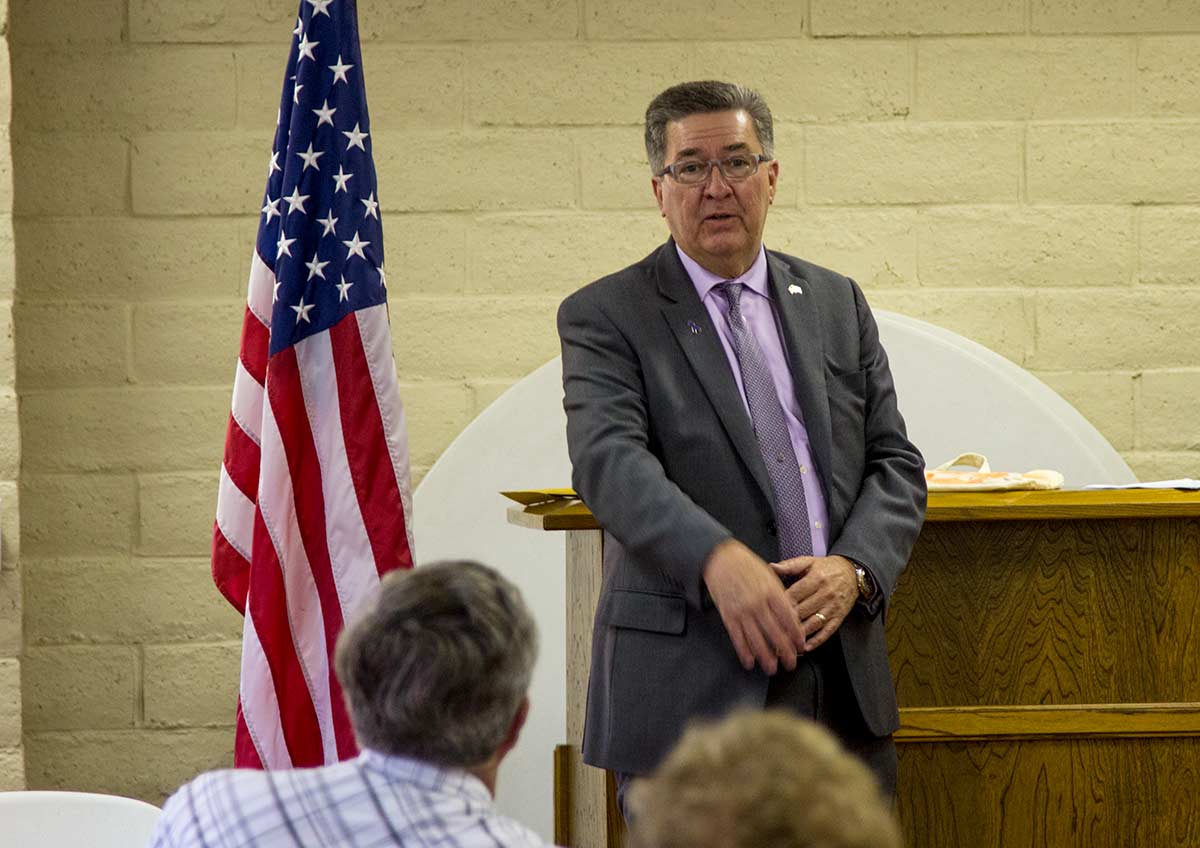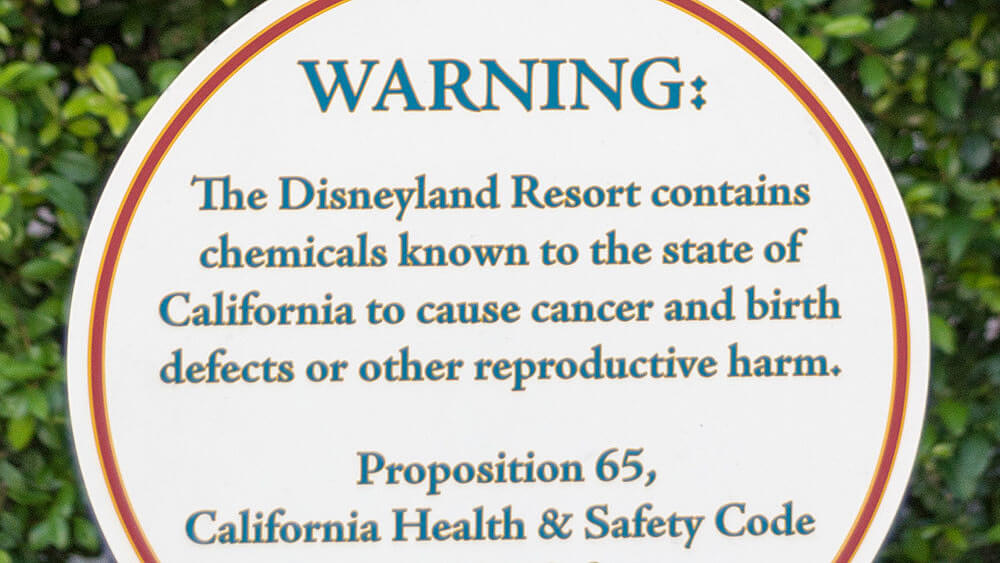Some time has elapsed since Proposition 64 has passed. Since the voters have legalized the recreational use of cannabis and its cultivation (with several caveats), there were a lot of irons to be wrinkled out in City Halls and in the courts. We are encouraged that in this circuitous process, the law has acknowledged the rights of law-abiding landlords who are not complicit in their tenants’ abuse of the people’s choice. First, some backdrop.
It should be clear to rental property owners by now that they can put the kibosh on cannabis in their units, just as they can ban smoking. This prohibition is best spelled out in an ironclad lease and if there is no cannabis clause in your lease, it is likely time to revisit a stale document.
Of course, we are aware that in this democracy, there is a contingency of landlords who voted for Proposition 64. To the group of landlords who condone cannabis, we warned that liability can result from exposing neighboring tenants to harmful chemicals and that the owner is an easy target for claims that he or she violated California’s implied warranty of habitability by letting the residual effects of cannabis spill into the units of other residents who do not enjoy the leafy substance.
There is another category of studious landlords who have had the wool pulled over their eyes by tenants intent on concealing their behavior.
While Bornstein Law has always maintained that owners should be the eyes and ears of their rental units, sometimes tenants go through great lengths to hide activities going on behind closed doors, and in a cat and mouse game, landlords can be misled and obstructed. We have even seen tenants in bedbug-infested units deny entry to exterminators to obscure what is going on in the dwelling to any prying eyes.
As it was originally drafted, AB 2164 gave cities the prerogative to immediately penalize individuals accused of violating local cannabis laws without due process or even a chance to remedy the violation. Translation: the bill would have left innocent rental property owners vulnerable to stiff penalties, with no ability to correct the problem and without any means to appeal.
Thanks to an amendment by Assemblyman Ken Cooley, D-Rancho Cordova, landlords will be afforded the chance to fix cannabis-related violations without being summarily punished for the actions of rogue tenants.
Under the revisions – also brokered by the California Apartment Association – three elements must apply.
- A tenant is in possession of the unit where the violation occurred.
- The owner had no actual knowledge that the tenant was cultivating cannabis.
- And the owner has a lease agreement that prohibits the illegal activity.
The legislative intent was to deal with transient cannabis growers who violate local laws but effectively avoid fines by leaving and setting up shop elsewhere, essentially curing the violation before fines can be levied. Assemblyman Cooley explains.
“AB 2164 allows but does not require, local governments to amend their ordinances to remove the time period to correct a violation in cases of cannabis cultivation only… This removes at least one monetary incentive for illicit grows to continually move while also giving local governments the ability to bring meaningful penalties on willfully illegal growers.”
AB 2164 gives municipalities the option of removing the time to correct problems before fines are levied only apply to cannabis-related offenses, though local governments would still have to allow individuals to get back in good graces and avoid fines by swiftly fixing problems surrounding building, plumbing, electrical, or other similar structural or zoning issues when these gaffes do not pose an immediate danger.
Keeping tabs on your property may avoid units becoming a source of stench, a breeding ground for mold and a guzzler of utility costs, along with many other problems associated with a growing operation. Yet even the most observant landlords can be bamboozled. We applaud the amendment because these unsuspecting landlords can take action without a city being the judge, jury, and executioner.
We would be remiss not to warn owners that over policing their units may fly in the face of a tenant’s right to “quiet enjoyment” of the premises. In our recent article on handling criminal activity in rental units, we reminded landlords that he or she can only enter a unit with a permissible purpose, and then only with proper notice.
Are your leases in compliance in the era of legalized cannabis and up-to-date with the breakneck changes of other laws, or has it lagged behind the times? When in doubt, contact our office.





